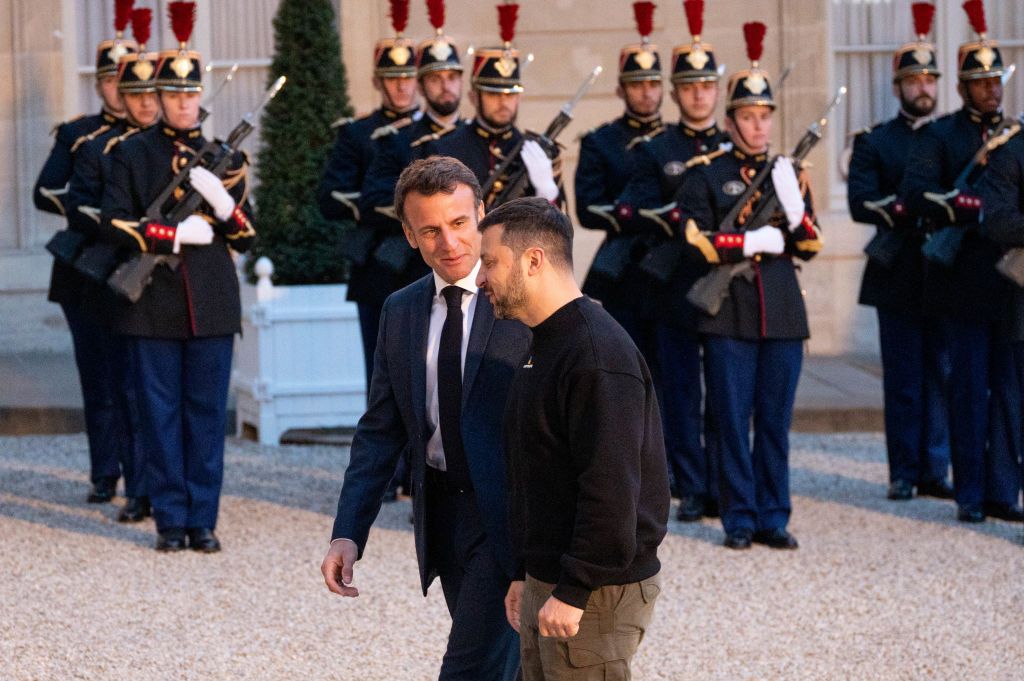Editor’s Note: The opinions expressed in the op-ed section are those of the authors and do not purport to reflect the views of the Kyiv Independent.
“You’re thinking of Europe as Germany and France. I don’t. I think that’s ‘old Europe.’ If you look at the entire NATO Europe today, the center of gravity is shifting to the East. … You look at vast numbers of other countries in Europe. They’re not with France and Germany, they’re with the United States.”
- Former U.S. Defense Secretary Donald Rumsfeld (January 2003)
On the one hand, most experts agree that, since Russia’s full-scale invasion of Ukraine, the West has shown and maintained an amazing level of unity. On the other hand, some fundamental divisions have not disappeared between the U.S., Western Europe, and Central and Eastern Europe.
This became abundantly clear after French President Emmanuel Macron warned in April that Europe is not a “vassal” of the U.S. and that Europe had “won the ideological battle on strategic autonomy.”
He was massively criticized for this statement in Central Europe. Some saw the “Old Europe and New Europe” paradigm, which had marked the time of the Iraq War (cf. Donald Rumsfeld’s quote above), re-emerging.
These differences are manageable for the moment because of the near consensus on helping Ukraine, but they may yet come to split the West if things go badly.
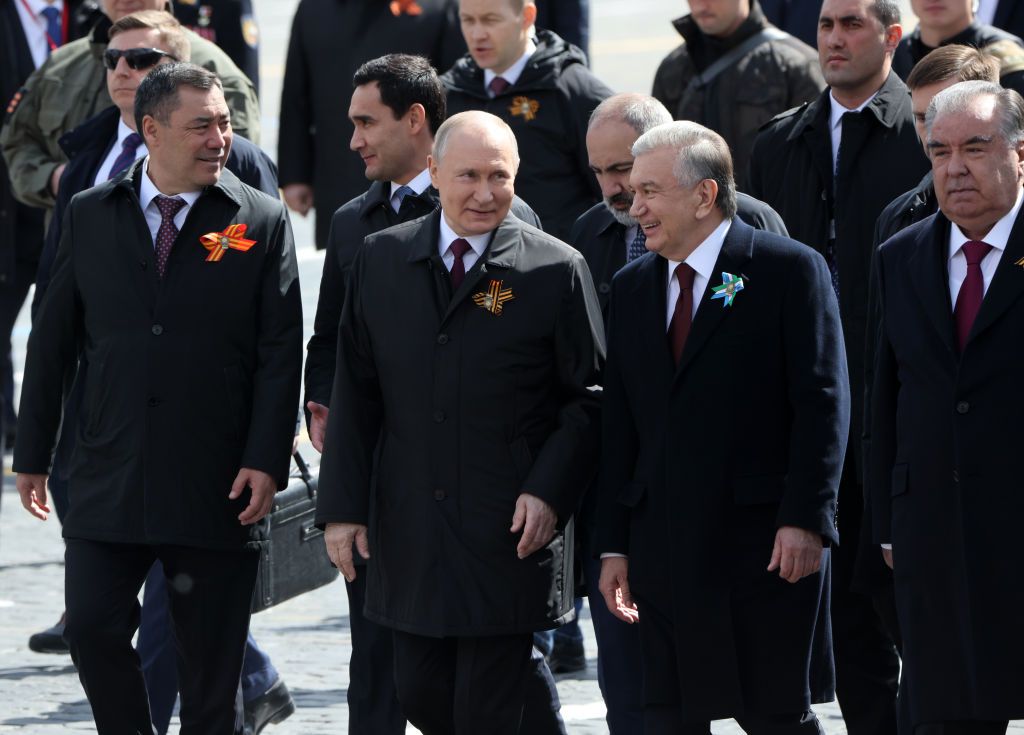
East and West in the EU and NATO
In a way, there has been an East-West divide in Europe on security strategy ever since the Cold War ended between 1989 and 1991.
As soon as the new democracies in Central Europe had gotten rid of the last vestiges of communism and found their own voices as increasingly self-confident members of the Euro-Atlantic family, two fundamentally different, dominating views emerged on Transatlantic relations, Russia, and European security: in the East, a hawkish Atlanticism, and in the West, a more accommodating attitude toward Russia and skeptical view of the U.S.
This was never a clean split. Look at how today Hungary defies all of its Eastern flank neighbors on Russia and Ukraine. However, by and large, a Franco-German-led Western Europe regularly clashes with a Central European mainstream which has, since the 1990s, developed a special relationship regarding security and defense with the U.S. and the U.K.
France and Germany were right in their rejection of the U.S.-led invasion of Iraq in 2003, but that was 20 years ago. By comparison to the Franco-German appeasement of Russia and a lack of diplomatic and military support for Ukraine in the Minsk II process, Central Europe’s overall hawkishness was corroborated by Russia’s brutal aggression.
Europe’s center of gravity looks indeed to be shifting to the East now.
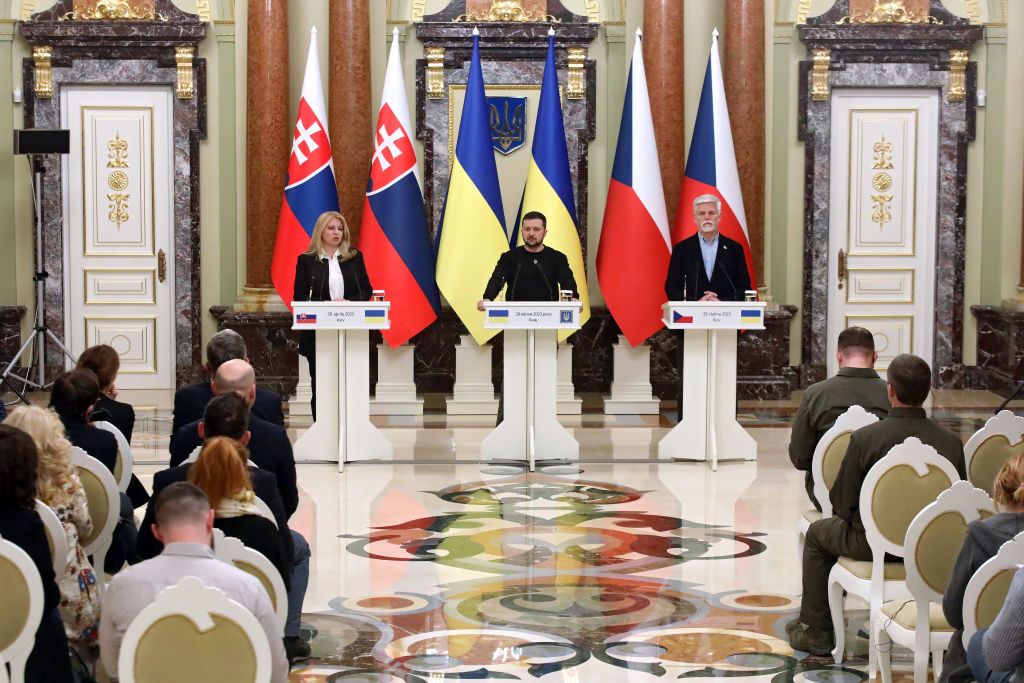
The crux of European ‘strategic autonomy’
In this constellation, the question of how autonomous Europe could and should be from the U.S. quickly becomes a crucial bone of contention.
France has always been the most pronounced proponent of a Europe that should, primarily within the EU framework, reduce its defense dependency on the U.S. and in the long run become capable of defending itself.
The Central European mainstream has always emphasized that, while U.S. demands for increased European contribution to security are legitimate, “autonomy” is neither possible nor good for Transatlantic relations.
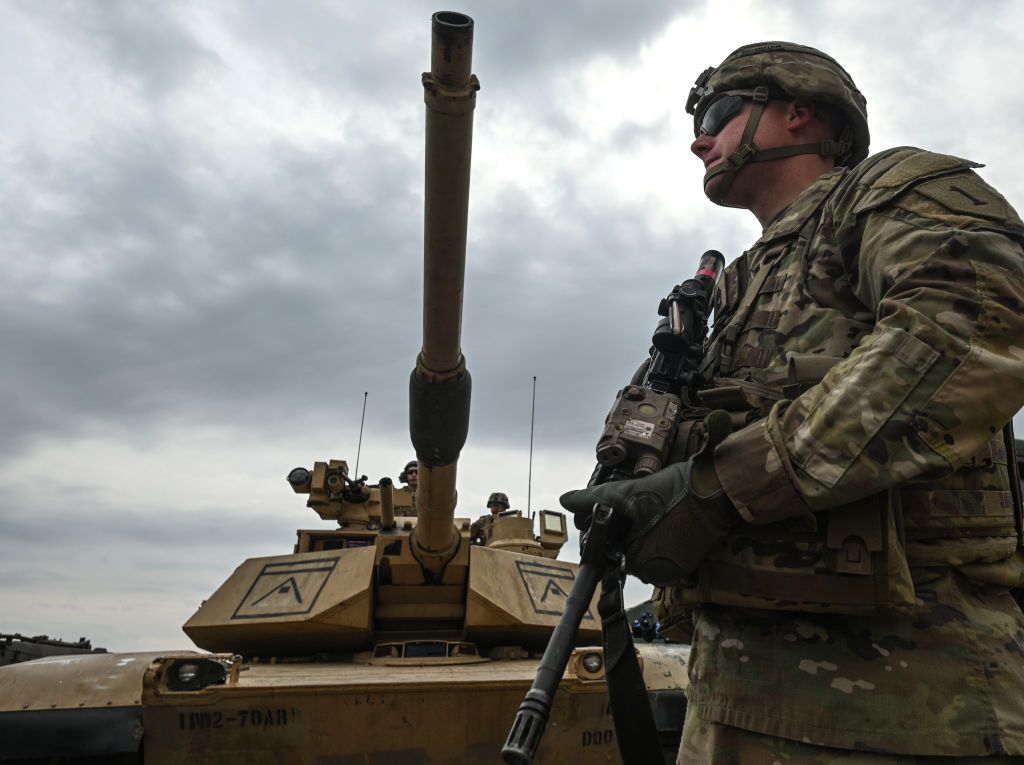
It’s a fact: As long as Europe does not become a federal state, it will not be able to deter potential aggressors like Russia or China on all levels – conventional, hybrid, nuclear – as the U.S. is able to deter them. Europeans would not only have to create a unified force structure and a command for nuclear forces but also spend a multiple of 2% of GDP on defense, which is utopian even after the recent spending increases.
European supply chain autonomy in sectors such as energy, pharmaceuticals, technology, and raw materials is absolutely necessary, but, here too, cooperation with like-minded democracies is far better for Europe than going at it alone.
Defense and military security are entirely different matters. The purpose of higher defense spending and increased European resilience is to shoulder a greater part of the burden and thus make life easier for Atlanticists in Washington – it should not replace U.S. extended deterrence.
The 2024 problem
At this point in the conversation, France and other proponents of “strategic autonomy” (sometimes referred to as European sovereignty) habitually ask the question of what happens if the U.S. itself turns away from Europe.
Of course, Trump may come back after the elections in 2024. But the question of to what extent the U.S. will then remain engaged in Europe, and loyal to its Article 5 commitments in NATO, is not his alone to answer.
In Congress and even the Republican Party, there is a broad Atlanticist majority (Senator Mitch McConnel’s speech at the Munich Security Conference, for example). American aid to Ukraine enjoys broad support in American society.
U.S. commitment to Europe is also a function of how much of the defense burden Europe shoulders, and to what extent it is willing to share U.S. strategies vis-à-vis China.
This is another topic on which President Macron is mistaken: Being more hawkish on Xi Jinping’s autocracy, careful about Chinese investments, and supportive of the status quo in the Taiwan Strait is not being an American “vassal,” but rather in Europe’s own interest. It also has the additional benefit of demonstrating to the U.S. that Europe is an ally whose security is worth American efforts in the future as well.
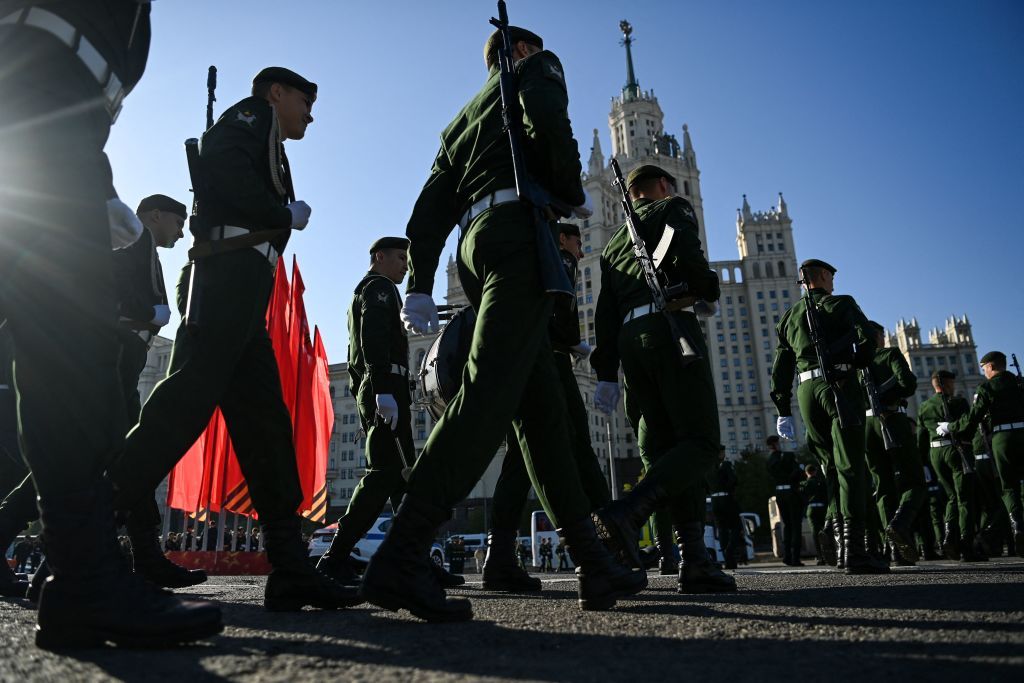
Russia will remain a security challenge for a long time to come. Europeans can help prevent future U.S. administrations, be they Republican or Democrat, from becoming either isolationist or totally absorbed in their rivalry with China.
However, this presupposes that talk about “strategic autonomy” is safely laid to rest, that Europe’s efforts to take on more strategic responsibility for its own security serve to strengthen the Transatlantic Alliance, not to weaken it, and that Europeans seek more consensus with the U.S. on China. This will be the best outcome of this debate for Ukraine, as well.
Central Europeans should use their newfound momentum in the EU and NATO to hammer home this message.



